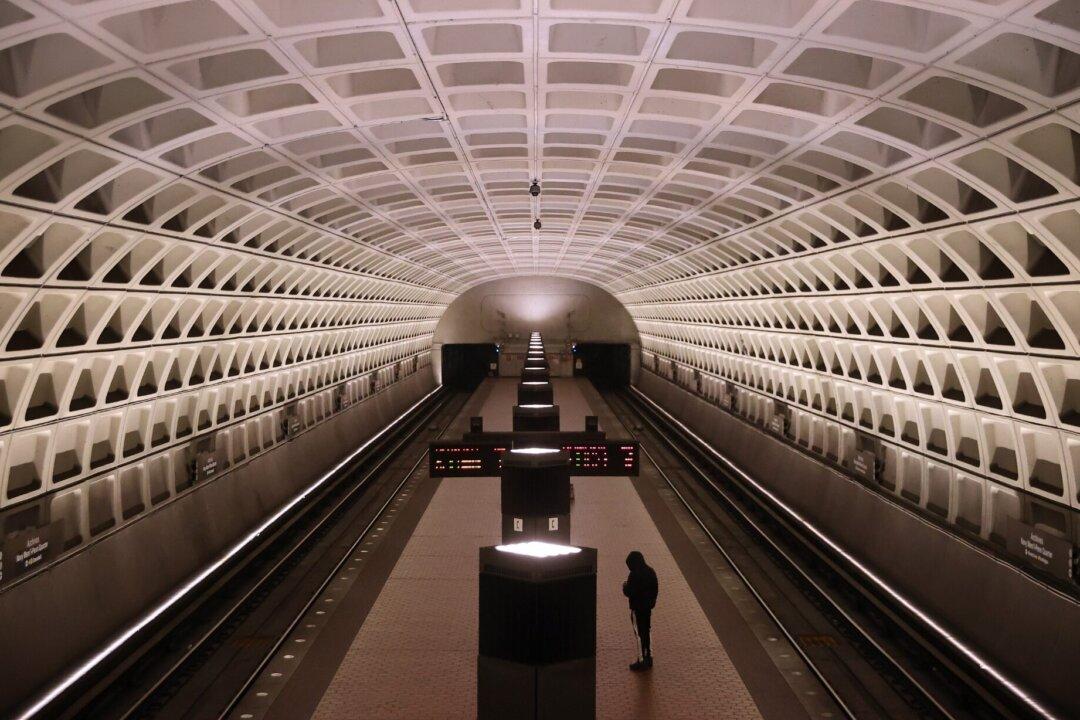The Biden administration is urging a federal judge to uphold Washington’s ban on individuals carrying firearms on the city’s crime-ridden local public transit system popularly known as the DC Metro.
The lawsuit is one of many filed nationwide challenging gun laws after the Supreme Court’s landmark 6–3 ruling on June 23 recognizing a constitutional right to carry firearms in public for self-defense. The opinion states that to ban concealed weapons in a specific place, “the government must demonstrate that the regulation is consistent with this Nation’s tradition of firearm regulation.”





